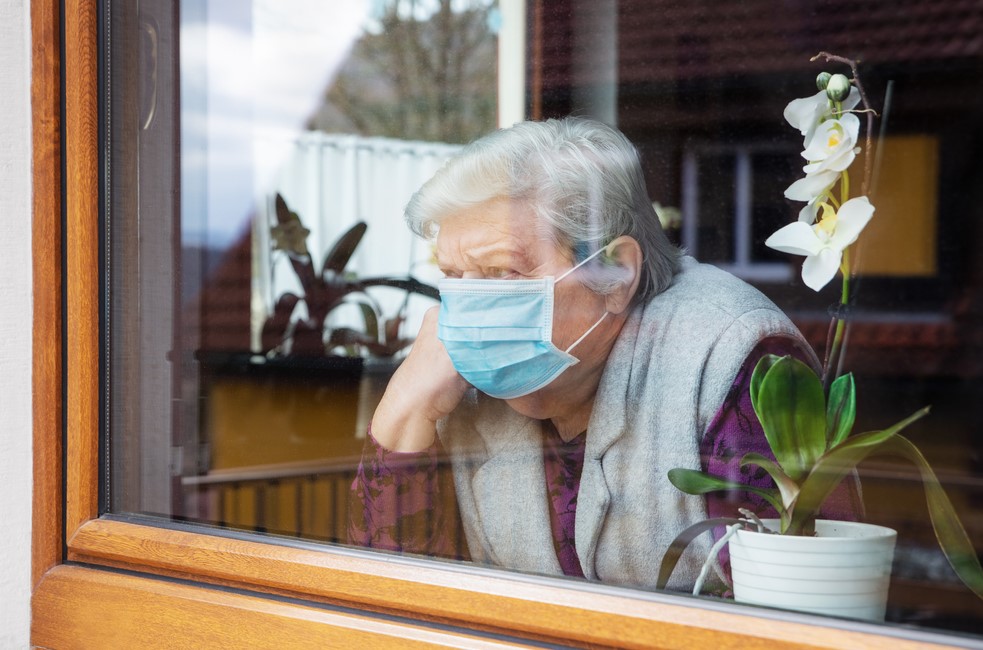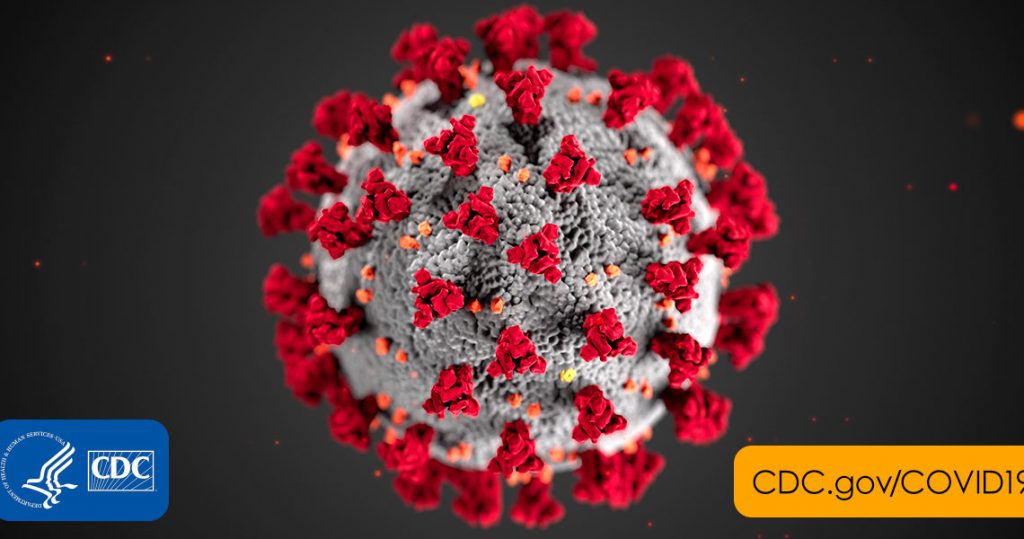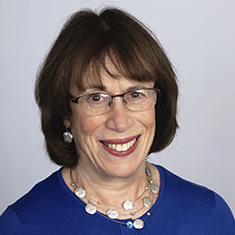Supporting Older Adults During COVID-19

Meet “Rose”. Meet “Walter”.
I am introducing them to you as examples of older adults that are struggling with loneliness and isolation caused by the need to social distance and the stress and anxiety of living in a pandemic.
Rose, an 80 year-old widow, now sits at her window all day. She is alone in her apartment feeling more lethargic and confused as the days go on. Walter, 75 years old and never married, is experiencing frequent bouts of anxiety, along with new chest pains. He is alone in his retirement home. Both Rose and Walter live alone, in their homes, cut off from family and friends due to the COVID-19 pandemic.

Older Adults – COVID-19 is Especially Lethal & Devastating
COVID-19 has been particularly harmful and deadly for older adults like Rose and Walter. This includes their vulnerability to the disease as well as the devastation of being forced to quarantine alone in their homes or nursing home rooms. People are being separated from children, grandchildren, spouses and friends in an effort to protect them from this deadly virus – but it comes at a great cost.
Studies have shown that without frequent social interactions and stimulation, cognition can quickly decline in older adults. There can also be a great increase in anxiety and depression among the isolated elderly.
What You Need to Do to Help
There is no easy answer to the dilemma of how to protect the elderly and those at most risk, without the devastating effects of the resulting isolation and loneliness. But here are some things you can do:
Stay in touch – Reach out by phone as much as possible. Check on them often. Try to create a network of caring friends to check in. Engage as much as possible. Send a care package.
Listen – Allow them time to express their feelings and let them know you understand.
Empathize – Empathize with their sadness, frustration and feelings of loneliness and fear. Give them hope.
Remind about safety – Remind them to follow the COVID19 guidelines of frequent handwashing, wearing masks when others are around, and social distancing
Facilitate Medical needs – Help facilitate their medical appointments using telemedicine whenever possible. Assist with ordering medications.
Assist with daily needs – Assist with setting up on-line delivery for meals, groceries and other needs.
Teach technology – Help seniors use technology as much as possible to stay connected.
Enlist Professional Help
Enlist Professional Help – You can use the help of a Geriatric Care Manager (also known as an Aging Life Care Professional). Skilled Geriatric Care Managers — like the team at Intervention Associates — have the expertise to create a safety net/network to support the older person so that they do not feel alone and are getting their needs met.
Rose and Walter will undoubtedly do much better with interventions like these in place. Rose has more energy and is not so confused. Walter’s anxiety and chest pains have diminished. Their Geriatric Care Manager has been able to set up their technology to video call. Now family and friends have been able to connect via Facetime. She has helped coordinate medical telehealth appointments, arranged for on-line grocery delivery and pharmacy orders. And she has added much needed contact and additional daily support and check ins through her own phone calls.
Rose and Walter may still be confined to their homes, but they do not feel so isolated or alone. Their moods have improved greatly and they look forward to the next contact. They may be physically alone but do not feel as lonely with the additional support, ongoing contact and assistance with their needs.

Do you have a friend or family member like Rose and Walter? Are you concerned about their physical or emotional wellbeing, in general, or because of the threat of COVID-19? Reach out to us at Intervention Associates today and we’ll explain how we can help.
Written by:
Judy Siderer, MSW, LSW: Clinical Supervisor of Care Management

Judy Siderer has been on the Intervention Associates team for over 25 years. She offers clients extensive experience working with diverse populations including geriatric, intellectually disabled, mental health, special needs and traumatic brain injury. Judy’s clinical expertise, communication skills, insight and sensitivity make her uniquely qualified to manage the most challenging circumstances. In her role, she also provides clinical training and supervision for new care managers. Judy Siderer earned a Master’s of Social Work degree from Temple University and an undergraduate degree in Psychology.
Question Mark Image License, Dawn Hudson released: CC0 Public Domain
